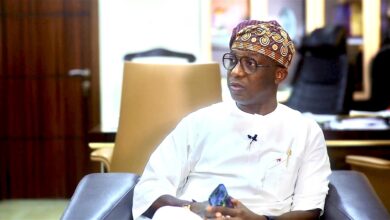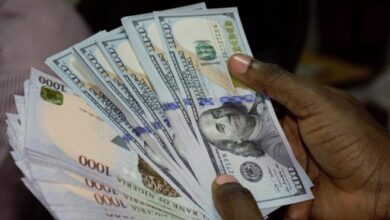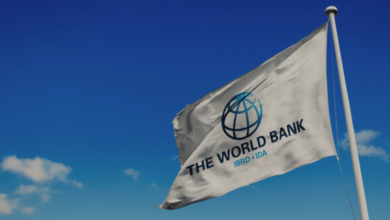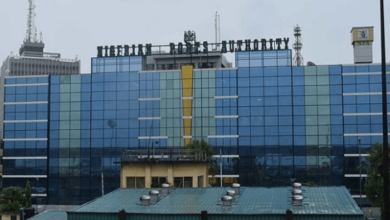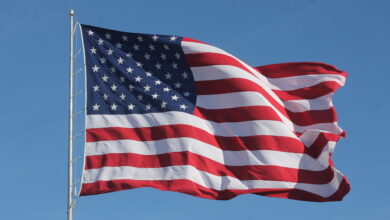Nigeria’s debt to World Bank surges by $2.36 billion in 2024 after approval of six loans
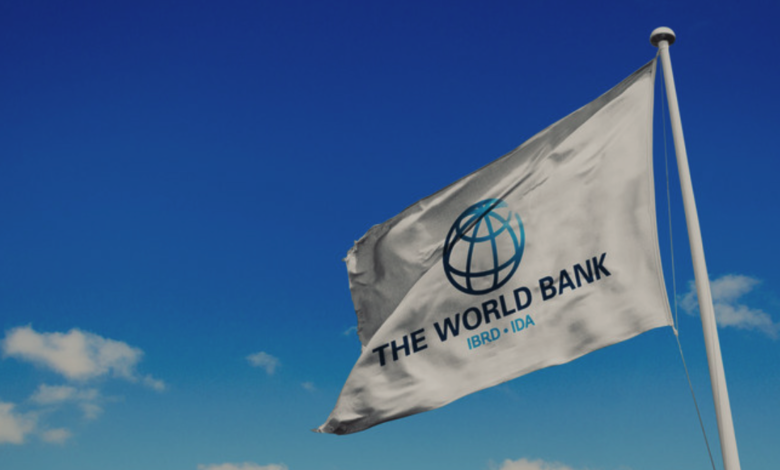
Nigeria’s total debt to the World Bank increased by $2.36 billion in 2024, driven by six newly approved loans targeted at key sectors including healthcare, rural infrastructure, governance, and fiscal reforms.
This pushed the country’s total debt to the World Bank — which includes borrowings from the International Development Association (IDA) and the International Bank for Reconstruction and Development (IBRD) — from $15.45 billion in 2023 to $17.81 billion as of December 2024.
Data from the Debt Management Office (DMO) shows that debt to the IDA rose from $14.96 billion to $16.56 billion, while loans from the IBRD climbed significantly from $485.54 million to $1.24 billion.
This 15.3% increase marks Nigeria’s strongest annual growth in exposure to the World Bank in recent years, with the Bretton Woods institution maintaining its position as the country’s most significant multilateral creditor.
Six new loans approved in 2024
- According to World Bank records, the surge in debt was triggered by the approval of six major loans in 2024 with a combined value of $4.25 billion. These loans cut across infrastructure, healthcare, and economic stabilization efforts.
- The largest of the loans is the Nigeria Reforms for Economic Stabilization to Enable Transformation (RESET) Development Policy Financing (DPF), a $1.5 billion facility approved in June 2024 to support macroeconomic reforms, create fiscal space, and protect vulnerable groups. Nairametrics earlier reported that the World Bank disbursed a $1.5 billion loan to Nigeria under the RESET DPF initiative.
- Also approved on the same date was the NG Accelerating Resource Mobilization Reforms Program-for-Results (PforR) worth $750 million, which aims to boost non-oil revenues and safeguard oil and gas revenue streams. Both programs are being implemented by the Federal Ministry of Finance.
- Other $500 million loans include the Rural Access and Agricultural Marketing Project – Scale Up (approved in December 2024), the Nigeria: Primary Healthcare Provision Strengthening Program, and the HOPE Governance Project aimed at improving resource management in education and health — both approved in September. Also approved was the Sustainable Power and Irrigation for Nigeria Project, which focuses on dam safety and water resource management for power and agriculture.
- Although these projects have combined commitments of $4.25 billion, actual disbursements in 2024 amounted to $2.36 billion, with the remainder expected to be drawn over the next few years.
World Bank now accounts for nearly 40% of Nigeria’s total external debt
By the end of 2024, Nigeria’s total external debt stood at $45.78 billion. The World Bank’s share — at $17.81 billion — accounted for 38.9% of that figure, up from 36.4% a year earlier. Within the multilateral category, the World Bank now represents 79.8% of Nigeria’s total multilateral debt, which stood at $22.32 billion in 2024.
- In comparison, as of December 2023, the World Bank accounted for 73.1% of Nigeria’s $21.15 billion multilateral debt stock.
- The growing dependence on World Bank loans highlights the Federal Government’s continued shift toward concessional financing and program-based lending, particularly for large-scale reforms and development interventions.
- However, the rise also brings renewed scrutiny on debt sustainability, particularly amid revenue pressures, foreign exchange volatility, and the ongoing need to deliver tangible outcomes from loan-backed programs.
While World Bank loans offer relatively favorable terms compared to commercial debt, Nigeria’s rising obligations require a strong focus on fiscal discipline, transparency in project execution, and robust monitoring to ensure long-term value from the funds.



